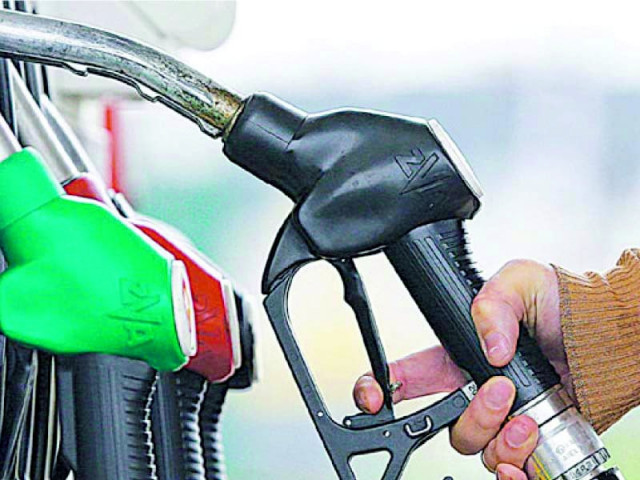Diesel rates may soar by Rs10.25 per litre
Other fuel costs also expected to rise as working paper draft is underway for price adjustments

The government is likely to increase the price of high-speed diesel by up to Rs10.25 per litre in response to global oil price fluctuations, effective from October 16, 2024.
High-speed diesel (HSD) is widely used in the transport and agriculture sectors, and therefore, the proposed increase will have a significant inflationary impact on consumers.
Pakistan State Oil (PSO) is currently preparing a working paper to submit to the Oil and Gas Regulatory Authority (OGRA) on October 15. Based on preliminary calculations, petrol prices could rise by Rs3.95 per litre, kerosene oil by Rs7.85 per litre, and light diesel oil (LDO) by Rs8.33 per litre.
OGRA will review these proposed price adjustments and forward the working paper to the government for final approval. Once the prime minister approves, the finance ministry will officially announce the revised prices.
OGRA has also recommended that the government increase the margins of oil marketing companies (OMCs) and dealers. If approved, the margins for OMCs would rise to Rs9.22 per litre, and petrol dealers' margins would increase to Rs10.04 per litre.
If implemented, the new prices could push petrol from Rs247.03 per litre to Rs250.98 per litre, HSD from Rs246.29 to Rs256.54 per litre, kerosene oil from Rs154.90 to Rs162.75 per litre, and LDO from Rs140.90 to Rs149.23 per litre. These calculations are based on current government taxes and do not account for exchange rate adjustments.
Kerosene oil is used in remote areas, particularly in northern parts of the country where Liquefied petroleum gas (LPG) is unavailable for cooking. The Pakistan Army is a key user. Light diesel oil is used in the industry. Petrol is commonly used by motorbikes and cars. Due to the ban on indigenous gas in Punjab province, the demand for petrol has surged.
However, the legal oil industry faces growing competition from smuggled petroleum products from Iran, which poses a serious threat to local refineries' petrol and diesel sales. Although the government has taken measures to curb smuggling, it continues to challenge refinery upgrade plans.
Saudi Arabia has also expressed interest in setting up a refinery in Pakistan, but oil smuggling from Iran may jeopardise such plans.
Currently, the government collects a petroleum levy of Rs60 per litre on both petrol and diesel, a significant source of revenue for the federal government. A further increase in the petroleum levy is expected during the current financial year, which could place an additional burden on consumers. The anticipated fuel price hike is expected to have a profound impact on the cost of living for Pakistanis, leading to higher transportation costs and rising prices for goods and services.


















COMMENTS
Comments are moderated and generally will be posted if they are on-topic and not abusive.
For more information, please see our Comments FAQ